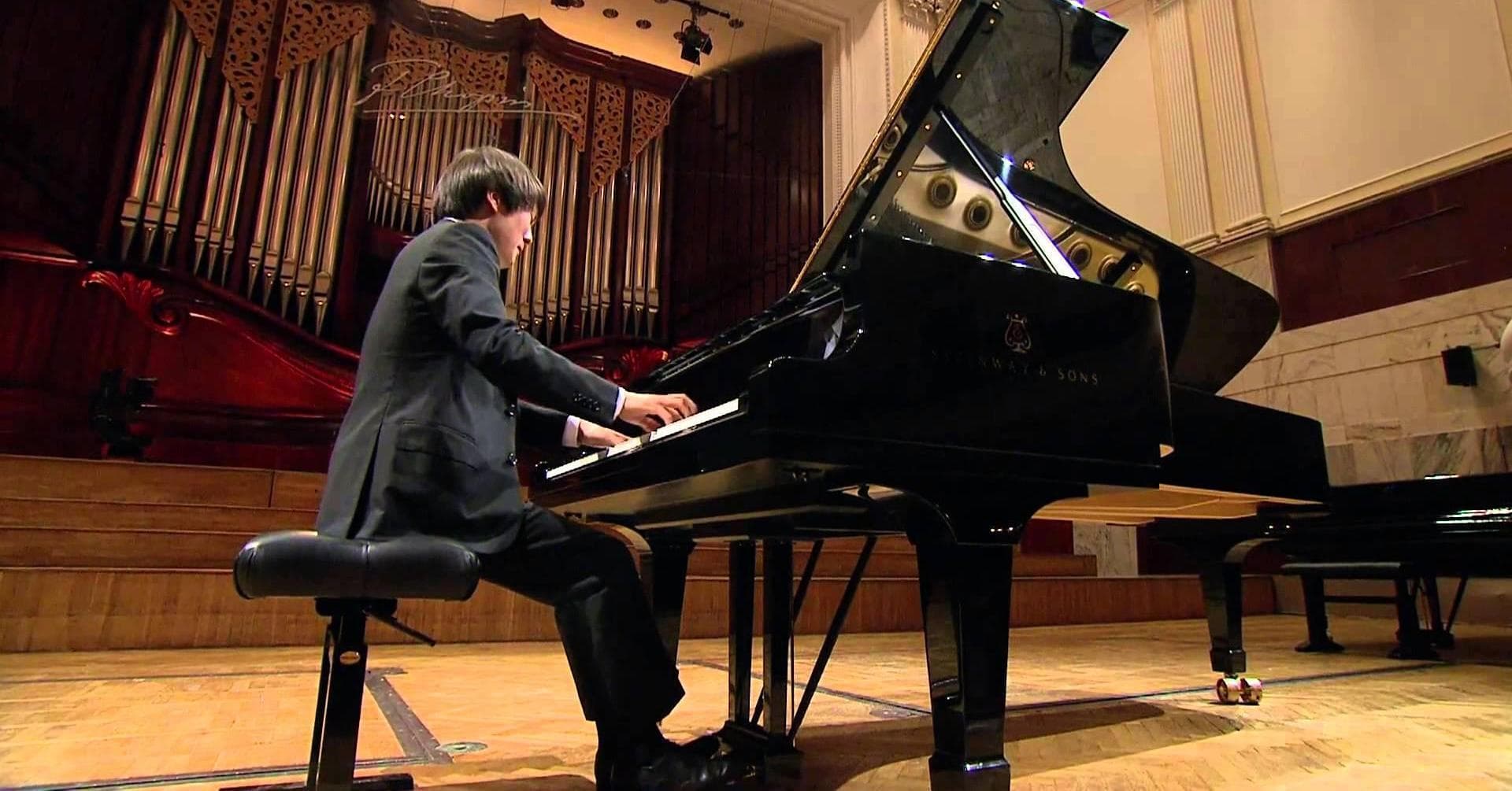In the captivating world of early music education, keyboard miniatures hold a distinct and important place. These small yet expressive musical pieces serve as a entrance for youthful learners, helping to spark their passion for music while concurrently enhancing their intellectual and physical skills. As children interact with these delightful compositions, they are exposed to basic concepts of beat, tune, and expressive techniques in a way that is both accessible and enjoyable.
Acclaimed artists and pianists have long recognized the power of these miniature gems. They often utilize them not only as educational tools but also as ways to inspire creativity and self-expression in emerging musicians. By incorporating piano miniatures into their curricula, educators can foster a love for the instrument that lasts a long time, proving that even the smallest pieces can create deep effects on a child's musical journey.
The Role of Brief Compositions in Cognitive Development

Short piano pieces serve as a vital tool in the education of young children, playing a key role in the growth of cognitive skills. These short, manageable pieces allow children to engage with music in a way that is pleasant and productive. The simplicity of these works means that youngsters can focus on fundamental musical concepts such as beat, tune, and dynamics without feeling overwhelmed. This simplicity encourages discovery and imagination, important elements in developing cognitive skills.
Additionally, the process of learning and performing these short pieces enhances a child’s memory and concentration. As they tackle each short composition, young learners are required to learn notes and practice synchronization between their fingers. This not only fosters memorization of music but also improves general cognitive functions such as focus and problem-solving abilities. Each small composition provides immediate reward upon mastery, which encourages kids to continue practicing and developing.
Additionally, the performance of these short pieces can enhance social abilities. When kids play these pieces for family or friends, they experience an early form of public speaking and self-expression. Engaging with an listeners helps build self-esteem and communication skills, both crucial for their overall growth as they interact with their surroundings. Thus, piano miniatures are not just musical exercises; they are instruments for growth that support a child's development into a well-rounded individual.
Expressive Opportunities for Emerging Artists
Piano pieces offer emerging artists a distinct venue for expressing their emotions and artistic expression. These short pieces are often designed to be fun and captivating, allowing kids to discover a variety of loudness and articulations. The simplicity of the music encourages them to try out with varied interpretations, fostering a sense of control over their performance. By playing with these little works, kids can develop their artistic abilities in a supportive and fun environment.
As young pianists engage with these pieces, they acquire valuable insights into the nuances of artistic interpretation. Each piece typically possesses its unique personality, encouraging youngsters to explore the nuances of speed and phrasing. This journey aids cultivate their ability to convey emotions through their art, which is an essential part of becoming a well-rounded musician. Moreover, these small works provide children to make artistic leaps artistically without the pressure of performing long or complex compositions.
Moreover, piano miniatures provide a opportunity for collaboration between young artists and their instructors. An experienced musician or a teacher can guide students through the expressive landscape of each piece, aiding them to recognize and articulate their individual interpretations. These collaborations can inspire confidence and innovation, empowering children to forge their individual musical voice. Together, they build a rich tapestry of shared experiences, nurturing both technical abilities and emotional growth in the process of music-making.
Including Miniatures into Daily Practice
Incorporating piano miniatures into regular practice may significantly enhance a child's educational journey. These short pieces, often varying between a few measures to a couple of minutes of length, enable young pianists to focus on different musical elements free of the burden of longer compositions. Artists and educators advise selecting a few miniatures that speak to children, as this may spark their interest and inspire them to practice frequently.
Consistent practice sessions can be structured around playing miniatures, offering a sense of achievement as children master each piece rapidly. artist and pianist helps cultivate their confidence and reinforces their learning skills. When daily practice incorporates these smaller works, students may explore different styles, techniques, and emotional interpretations in a manageable format that seems rewarding and fun.
Moreover, miniatures act as great tools for parents and teachers to encourage creativity. By motivating children to make their own variations or to improvise around the themes of the miniatures, they transform into active participants in their learning process. This involvement nurtures a deeper understanding of music while cultivating a lifelong love of playing the piano.
